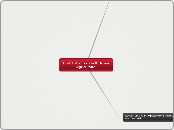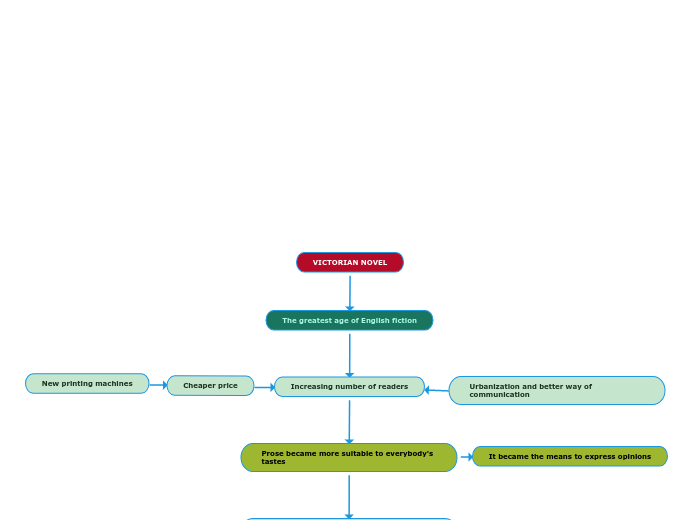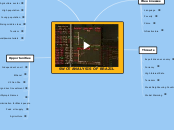Unit: Urbanization & Urban Agriculture
Lesson 2: Urban Agriculture & School Garden Design
Assignment/Homework
Plants can play a significant role in one's culture. Students will write about a plant that figures prominantly in their family life: 1. Choose one plant that plays a role in your family's culture, whether it be a food, a spice, a healthy remedy, a prozed possession, an instrument, etc., 2. Draw or print an image at the school library of the plant and label its parts, 3. Write/describe the following for your plant: Common and scientific name, appearance, lifecycle, growth requirements (sunlight exposure, water, soil type/depthifican, fertilizer...), native region, human uses, cultural significance, other benefits (shade for other plants, nectar for hummingbirds, leaves for mulch...)
Class Activities
Possibilities for Course Integration
Math: Plotting garden dimensions/geometry; planting, watering, fertilizing and harvesting schedules
Home Economics: Food harvesting & preparation
Art & Metal/Wood Shop: Creating garden sculptures and furniture, building equipment and tools
Science: Cultivating, analyzing soil, manipulative experimenting, monitoring and composting
Social Science: Research the cultural significance of plants and community gardens
Plotting, Planning, Potting, Planting
Part 3: Designing the Garden
Part 2: Finding the Right Site
Part 1: Research Possibilities
Garden Types List: Butterfly, hummingbird, Homeopathic/Medicinal, Native, Edibles, Herb, Scree, Drought-Resistant, Flower, or Xeriscape
Gardens come in many varieties. In groups, students will be assigned a garden type from the list & research the following things about it: 1. Garden's purpose, appearance, benefits, and suitable regions, 2. Three examples of plant species that fit this garden type, 3. Requirements, uses, benefits, and pictures of 3 sample plants.
Guess Which Method (Mono- or Polyculture)
Interactive PowerPoint - use clickers
Urban Ag is Good For...
Prezi: Local Economies, Biodiversity, Waste Reduction, Nutrition, The Environment, Food Security, & Local Empowerment
Student Outcomes (Objectives): 1. Study the local & global benefits of urban agricultre, 2. Explore different agricultural methods & find possible sites for urban agriculture, 3. Research garden & plant types, 4. Investigate possible garden sites, 5. Design a school garden
Define Urban Agriculture
Interest Approach: What did/will you eat for lunch today? Where did all the parts of your meal come from?
Lesson 1: Intro to Urbanization, Climate Change, & Urban Agriculture
Food Security & Vacant Lots
Climate Change = Food Uncertainties
Activitiy: 1. Name some possible effects of global climate change, 2. How might these effects impact future farming?, 3. Which form of agriculture may be better adapted to global climate changes: large-scale rural monoculture or small-scale urban polyculture? Why? Other alternatives?, 4. Can urban agriculture help reduce releases of greenhouse gases? How?
"The Greenhouse Effect"
Discuss the phenomenon
Collaborative Research Assignment: Setting the stage for next weeks class
Team up with three other classmates and generate a list of 8 possible sites in your community that could be converted to an urban garden. See if you can find out who owns at least 4 of the 8 potential spots. Urban gardens can spring up almost anywhere: on rooftops, balconies, backyards, and businesses, in parks and vacant lots.
Short-Term & Future Implications
Reactions & Impacts
Support & Criticism
What does the research say?
Background & Environment
How Did We Get Here?
Introduction
Definition of Urbanization
Key Terms: Urbanization, Urban Agriculture, Monoculture, Polyculture, Food Security, Climate Change, Greenhouse Effect,
Brief overview of the lesson & objectives









